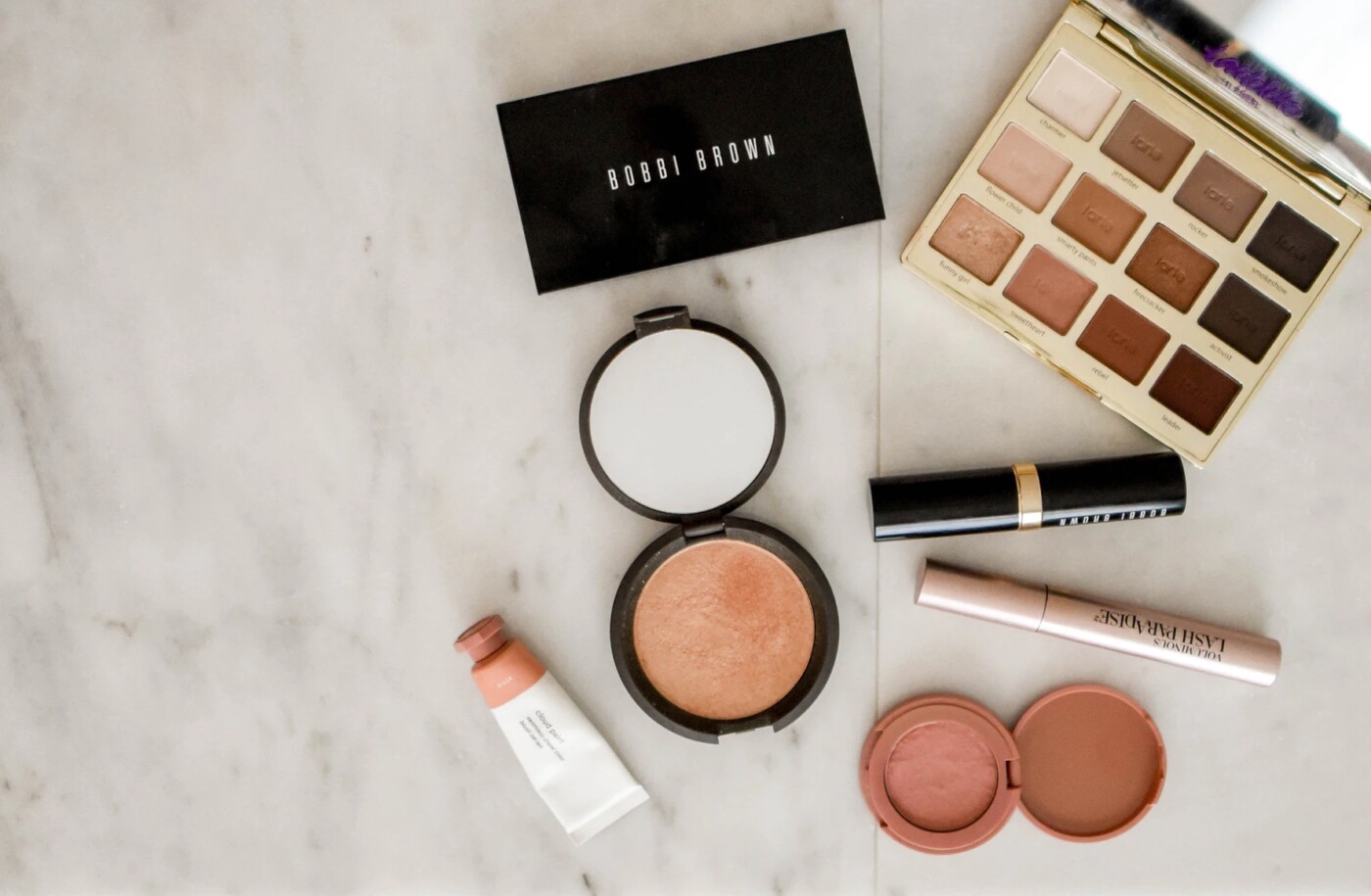Are Celebrity cosmetic brands doomed to fail?
Name a popular celebrity, and chances are that they’ve got a cosmetic brand of their very own. Maybe that’s a bit of an exaggeration, but we’re definitely seeing stars releasing products as if there’s no tomorrow. Rihanna’s Fenty Beauty has impressed fans with a wide range of foundation shades on offer, with something for everyone. Other celebrity cosmetic brands have faced criticism, including Kylie Skin’s (founded by Kylie Jenner) infamous walnut scrub which was dragged on social media for its potentially damaging ingredients.
When celebrities clearly don’t use the products themselves it’s tacitly saying “do what I say but not as I do”.
It makes a lot of sense for makeup artists and influencers to create their own brands, and we can see why they would want to. If you spend every day testing products in a quest to find the best results, you’d want to create a range that are combinations of the best features of your favourite products. While it’s easy to think that these kinds of brands are new additions to the makeup scene, they’ve been around for some time – Charlotte Tilbury, Bobbi Brown, and Pat McGrath are iconic makeup pros, each with brands that share their names.
However, the advertising strategies of some celebrity skincare brands in particular expose the motives behind the creation of the line and the quality of the product itself. When celebrities clearly don’t use the products themselves it’s tacitly saying “do what I say but not as I do”. Fans were suspicious when Kylie didn’t use her face wash properly from her Kylie Skin line in a video online. The same stars that are alleged to have had Botox and fillers still push their brands as the route to perfect skin, whilst denying that cosmetic treatments have had anything to do with how they look. They’ll claim that their brand has been their key to perfect skin over the years, even though the brand was only created very recently.
At the same time, many household names enter the industry because what they’re looking for simply isn’t on offer.
Yet, the best celebrity-founded cosmetic brands go beyond the connection with the a-lister in question, and become respected brands in their own right. Recent hits include Selena Gomez’s Rare Beauty, with “makeup to feel good in, without hiding what makes you unique”. The compatibility of these kinds of mantras with a makeup brand is questionable, but a discussion for another day. What is undeniable is that Rare Beauty is able to stand on its own simply because it does what it says on the tin. Those looking for a natural, universally-flattering liquid blush have found their go-to in the brand’s Soft pinch Liquid Blush. Meanwhile, Rare Beauty’s Liquid Touch Weightless Foundation is praised for its buildable coverage that melts into the skin.
At the same time, many household names enter the industry because what they’re looking for simply isn’t on offer. By attaching their name to a new brand, not only are they identifying a gap in the market, but helping it reach more customers. Tennis player Naomi Osaka has created Kinlò, a brand offering a range of sun protection for those with darker skin tones.
More options on the market means more opportunities for consumers to find products that are right for them.
Historically, suncare protection has predominantly been aimed at white people, with the mistaken belief that people with darker skin won’t burn. With research suggesting that dermatologists are less likely to be concerned about sun-induced skin problems when they present on Black people compared to white people, Kinlò’s mission is a vital one.
Whilst many sun creams on the market can leave a white cast that’s particularly noticeable on darker skin, Kinlò’s Golden Rays Sunscreen actually has a tint that helps the suncream go unnoticed while it does its important work. The brand advocates for skin protection for all complexions, and is created in collaboration with dermatologist Dr. Naana Boakye. While it’s not the first skincare brand that has this mission, more options on the market means more opportunities for consumers to find products that are right for them.
A certain privilege comes with being a celebrity – people will look up to you, follow your advice, and buy your products.
Celebrity-endorsed cosmetics can be successful, high-quality, and socially significant. What separates those that have these characteristics from the ones that don’t is simple: a lack of purpose, a lack of thought, and a lack of integrity. Celebrities have funding and platforms that other entrepreneurs don’t have, so it makes sense that critique and judgement is placed upon them more frequently and more deeply.
Much like other brands, celebrity lines can have flops and successes, but a certain privilege comes with being a celebrity – people will look up to you, follow your advice, and buy your products, so they should feel compelled to be transparent and considerate. After all: with great power comes great responsibility.

Comments